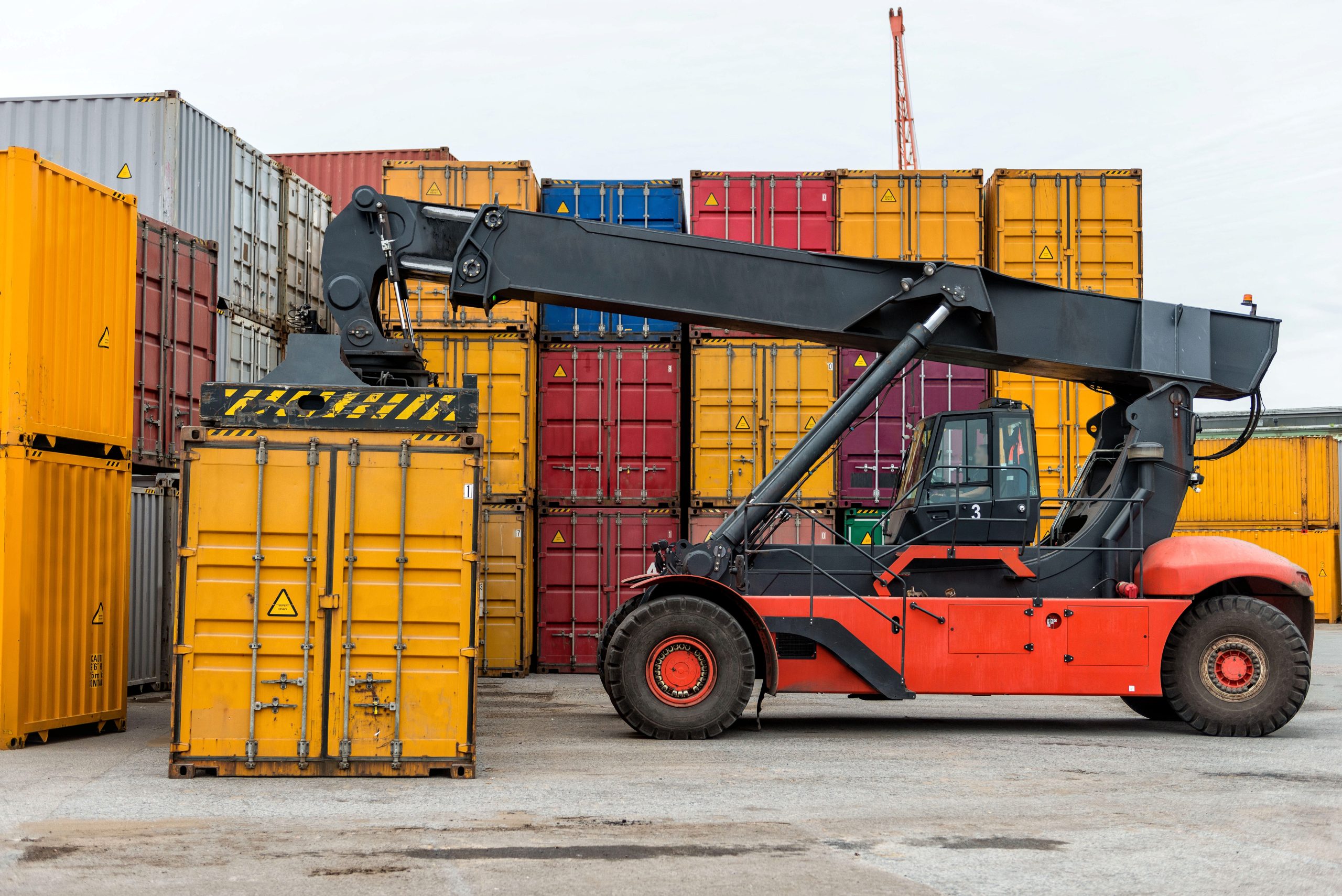The Challenge for Businesses
One of the biggest challenges for small to medium-sized businesses is logistics. While needing to move goods quickly and consistently, they also need to manage costs and contracts.
The real question is: How do you keep up with demand while staying within your margins?
Cost Management
For small to medium businesses, costs are one of the most important things in running their day-to-day operations. Sometimes, cost can be the difference between making a profit and incurring a loss. Unlike the larger corporations, a lot of the time, there isn’t leverage to demand bulk discounts or even preferred rates from carriers. This is the reason why transparent pricing is one of the most essential aspects in choosing your carrier.
The first step is visibility. Knowing exactly what you’re paying for is essential while choosing your freight solutions. If costs are unclear or unpredictable, including surcharges or hidden costs, this can destroy your margin and ruin your budget. By working with a logistics company that provides clear breakdowns, your business has the ability to forecast expenses accurately.
The next step is strategy. Consolidating shipments reduces per-unit cost, while comparing carriers allows you to balance both affordability and reliability. Even small changes, such as shipping schedules or changing modes of transport, can lead to significant savings over time.
The solution is partnering with a logistics company that does it for you. This is called “Freight Forwarding”. By having freight forwarders, negotiations are done on your behalf. A freight forwarding company is educated in the logistics process and has its own carriers to know what is going to save you the most money while getting your shipment to where it needs to go.
The result? More control, no surprise costs, and an effective shipping process that supports growth.
Logistics Company & Flexibility
For small and medium businesses, flexibility is an advantage that keeps them competitive, especially against the larger players. When you can’t just rely on one shipping method, knowing how to adapt makes a huge difference.
Land shipping is often the most cost-effective method for regional or domestic shipments. Approximately 55% of cross-border shipments between the U.S and Canada are by over-the-road methods. It’s both practical and predictable, which helps keep budgets in check, especially when speed isn’t the top priority.
Air freight shipping, on the other hand, is fast and reliable. It’s the option small businesses usually choose when they need to move either urgent orders or high-value goods. This method does carry a higher price, but the ability to deliver quickly can mean saving a client relationship or protecting your margins.
Sea freight is the best method for international or larger shipments. For bulk cargo shipping or longer routes, it offers an affordable mode of transport that others can’t match. The timelines are longer; however, sea shipping keeps costs manageable while still being able to trade internationally.
The real competitive edge comes from combining these modes strategically. That adaptability ensures their supply chain is in constant growth.
Customer Experience & Reliability
An essential part of the logistics process for small businesses is customer experience and reliability. If one delayed or flawed delivery can mean losing a customer for good, consistency becomes the most valuable asset that a logistics company can provide. A reliable carrier and freight forwarder protects not only your shipments, but also your reputation.
Customer experience ties directly to reliability. When your communication is clear, shipments arrive on time, and costs are kept low, your customer notices and, therefore, builds a relationship that lasts.
Communication is trust. Consistent updates, clear timelines, and fast support reduce stress on both your business and the customer. Instead of second-guessing where the order is, business owners can focus on running their business.
Turning Challenges into Opportunities
At the end of the day, businesses don’t need massive budgets to ship smart. What they need is price transparency, flexibility of shipments, and a partner that can see their challenges before they become roadblocks.
Shipping shouldn’t be stressful; it should be a system that scales your business and saves you time. With the right freight solutions, your business will build trust, reliability, and consistency with your customers and partners.







